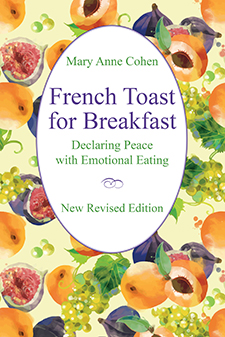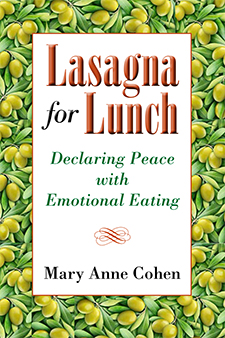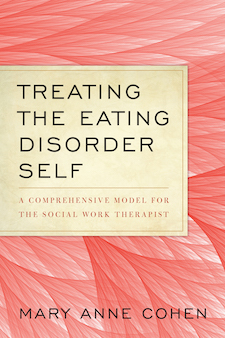“Healing an emotional eating problem is about helping our clients cultivate a deeply rich relationship with their inner self—their hunger for food and their hunger for life.”
Mary Anne Cohen, LCSW, director of the New York Center for Eating Disorders, brings over 40 years of experience working with clients struggling with an eating disorder. In this engaging and compassionate book, Cohen teaches therapists how to fearlessly reach out to the heart and humanity of each client, illustrating how the therapist–client relationship -- with its sharing of tears and laughter -- makes treatment a deeply healing experience.
Integrating over 200 case examples, Cohen explores the two worlds of the binge eater, bulimic, and anorexic: the inner and the outer. In part 1, she delves into the inner world of frozen grief, depression, abuse, and early attachment. She presents attachment theory, how to conduct an eating disorder evaluation, how to blend psychotherapy and cognitive–behavioral strategies, the role of medications, and the ingredients needed for a healing therapeutic relationship. In part 2, she demonstrates how clinicians can develop multicultural, gender, and social media competency. Literacy in these three areas brings us a deeper understanding of the impact that this outer world has on the eating disorder patient and how to intervene to modify the harmful effects.
Every person’s eating disorder is as unique as a fingerprint, and there is no “one size fits all” approach to healing. The goal for the social work therapist is to create an individualized and comprehensive treatment approach in collaboration with clients that will help them break the chains of emotional eating and body image distress.
This is a book about hope. Hope that we can become more empathically attuned to our clients, hope that they can become more trustworthy of human relationships to heal their inner selves, and hope that our clients can ultimately declare peace with emotional eating.



